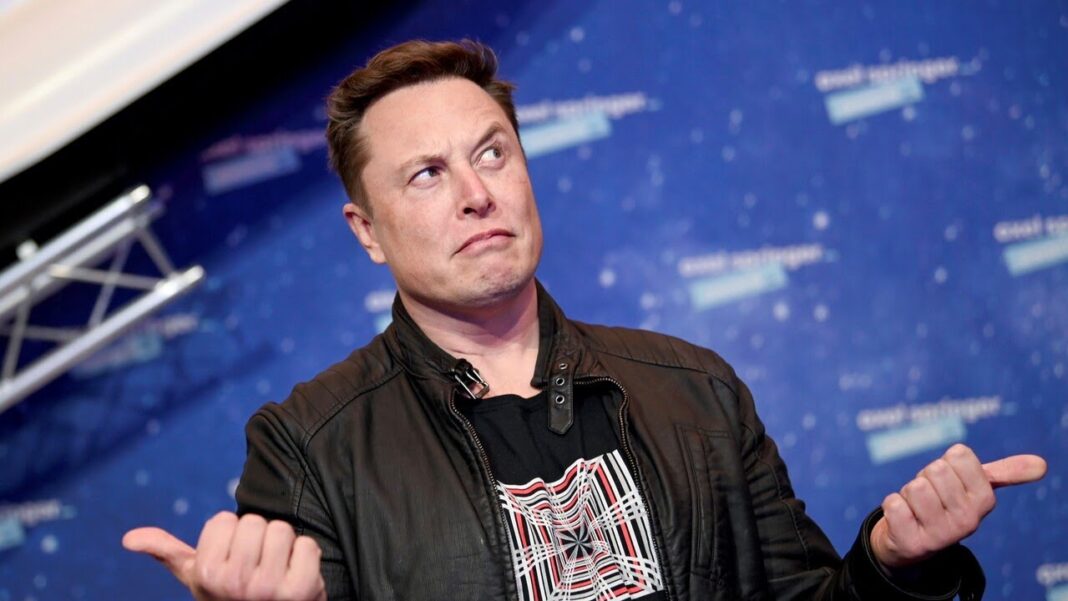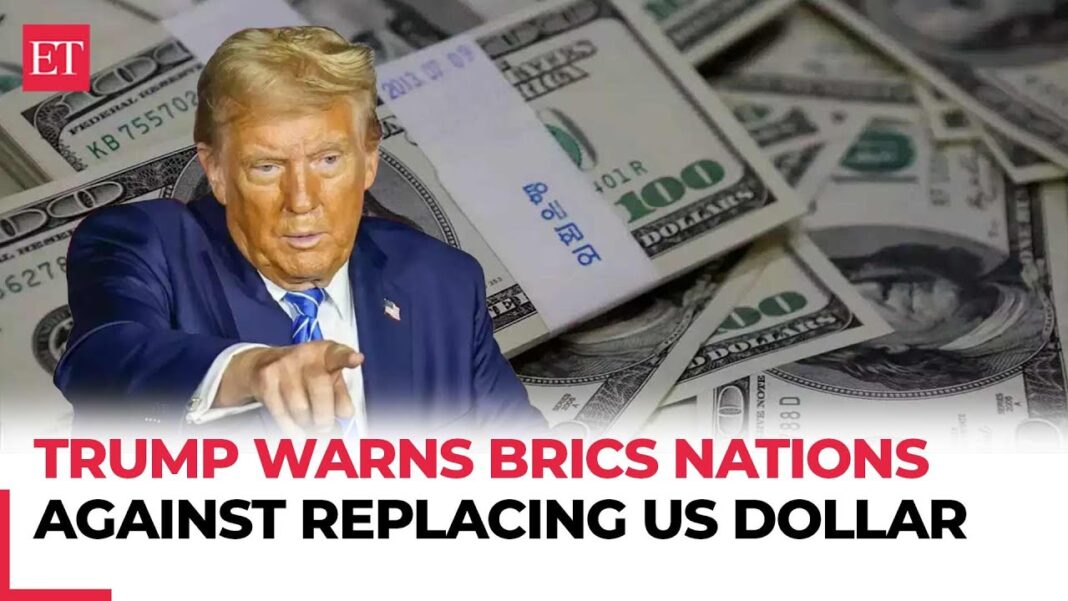‘There has never been any evidence of vindictive or selective prosecution in this case,’ prosecutors told a federal judge.
President Joe Biden’s claim that his son was selectively prosecuted was unfounded, special counsel David Weiss’s office said in new filings on Dec. 2.
“There has never been any evidence of vindictive or selective prosecution in this case,” Weiss and other federal prosecutors told a federal judge in Delaware.
In another filing, lodged in federal court in California, they wrote, “There was none and never has been any evidence of vindictive or selective prosecution in this case.”
The president on Dec. 1, when announcing a pardon for Hunter Biden, said that he was reversing his previous pledge not to do so because his son was “selectively, and unfairly, prosecuted.”
Weiss’s office noted that a number of judges, including some appointed by the president, have previously rejected similar arguments from the president’s son.
Prosecutors also pointed out that Hunter Biden pleaded guilty to tax charges brought in California federal court, and a jury convicted him of gun-related crimes in Delaware federal court.
The “full and unconditional pardon” from the president covers any offenses that Hunter Biden “has committed or may have committed or taken part in during the period from January 1, 2014, through December 1, 2024,” the pardon states.
That includes charges brought by Weiss, according to the pardon.
Lawyers for Hunter Biden gave notice to federal judges in California and Delaware. They said that the pardon “requires dismissal” of both indictments against the president’s son.
“When alerted to a pardon by a defendant (or the government), courts dismiss pending indictments and adjourn future proceedings in those cases,” the lawyers said, pointing to a series of precedents. “Accordingly, dismissal of the Indictment with prejudice and adjourning any future proceedings and entry judgment in this matter is now required.”
Prosecutors said that view is not correct and urged the judges overseeing the cases to instead close the dockets, which would result in documents in the cases remaining accessible.






